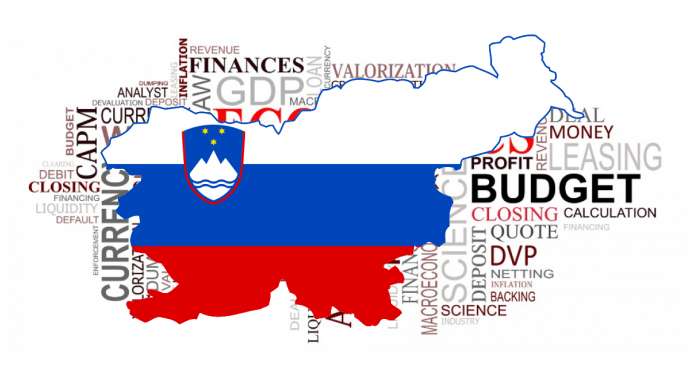STA, 5 January 2022 - Slovenia ranked second among 23 selected member countries of the Organisation for Economic Co-operation and Development (OECD) in terms of how well it has coped with the economic aspects of the Covid-19 pandemic crisis, according to a ranking by The Economist, the UK weekly.
Analysts at the British economic liberal weekly used five criteria for the rankings, comparing values in the last quarter of 2019 and in the third quarter of 2021, or the period for which the latest data were available.
The five criteria were real GDP growth, real growth in household disposable income, growth in share prices according to the most relevant stock market index, growth in fixed investment and growth in net public debt as a share of GDP.
Slovenia recorded a 1.2% real GDP growth, a 10.1% real growth in household disposable income, a 33% growth in share prices, a 6.8% growth in fixed investment and a 7.4% growth in net public debt as a share of GDP.
According to the Economist, the Slovenian economy has done 2nd best during the pandemic?
— Aleksej Kulikov (@alekseykulikov_) January 4, 2022
I'm curious about how & why.
It's quite a terrific achievement if the numbers are correct ? #Slovenia https://t.co/h7TFDZJLxt pic.twitter.com/uXl3OTCYUk
The top spot in the rankings was claimed by Denmark, followed by Slovenia in second and Sweden, Norway and Chile rounding off the top five. Meanwhile, the last five places in the rankings were taken by Austria, Germany, Japan, the United Kingdom and Spain.
The Finance Ministry noted that The Economist ranked Slovenia among the Covid-19 pandemic winners. "The efficacy of the government policies is also being confirmed by the stability of Slovenia's credit ratings during the pandemic," it said.
The opposition Social Democrats (SD) meanwhile responded by saying that Slovenia was not among the winners of the Covid-19 pandemic, as it had had too many victims and had posted economic results that could not be bragged about.
The party took issue with The Economist noting a 7.4% growth in net public debt as a share of GDP for Slovenia, saying that this was not accurate. "The real figure is growth of the share of debt in GDP that is double of that, i.e. 14%."
If it was true that the government has more fiscal space than it has, it would now officially declare an epidemic, implement measures to mitigate inflation of energy prices, reduce VAT and introduce energy vouchers," the party said.
The SD added that "none of this is being implemented, and instead we only have selective measures for pre-election purposes and for selected groups."







